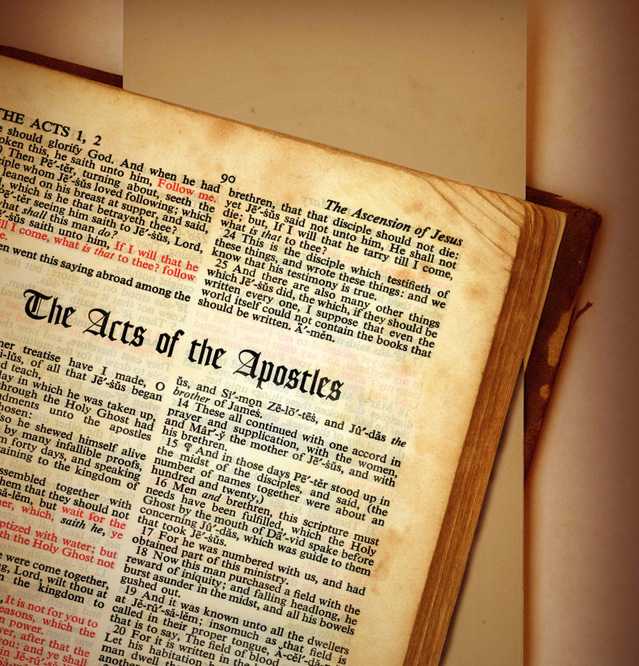
BISMARCK, N.D. — A lawmaker in North Dakota has proposed a bill that would authorize the creation of an elective Bible course in the state’s public and private high schools.
Senate Bill 2136, introduced by Sen. Oley Larsen, R-Minot, would make studies in the Old or New Testament—or both—available for students, and notes that among the three units of social studies required for graduation, “any one-half unit may be replaced by Bible studies.”
Other already-existing options include civics, civilization, geography and history, multicultural studies, North Dakota studies, psychology, sociology and world history.
“This is an alternative to a history class elective if a student is interested in the history of the Bible,” Larsen told the High Plains Reader. “It is the one piece of information that founded our country. I believe that history has been lost.”
“Our schools are lacking some aspects of history, and also the interest in some history is boring to students,” he remarked. “This is a class offering that is totally elective not required, but can take the place of any other history class. It is up to the school board if they want to offer the history of the Bible.”
Rep. Aaron McWilliams, R-Hillsboro, has already joined the effort as a co-sponsor.
“If you really want to understand the history of the United States, you really need to understand the philosophy of the Bible and the Christian faith,” he told the outlet. “By any means, it doesn’t mean the school needs to push it as a philosophy for your life, but it’s still our history.”
The American Civil Liberties Union (ACLU) of North Dakota has already expressed opposition to the measure.
“Every student, regardless of their faith, should feel safe and welcome in our public schools. When school officials promote religion generally, or signal their preference for one faith, it sends an exclusionary and destructive message that students who follow other religions, or no religion at all, don’t belong,” Executive Director Heather Smith said in a statement.
McWilliams reiterated that the course is elective.
“I think it’s important that we get over the stigma of using the Bible in school for a historical and sociological perspective,” he told The Dickinson Press.
In 1890, legislators in North Dakota passed a law declaring that “the Bible shall not be deemed a sectarian book” and “it shall not be excluded from any public school.”
While it noted that no child would be required to listen to the Bible being read in class, should his or her teacher desire to do so, the law also stated that “[m]oral instruction tending to impress upon the minds of pupils the importance of truthfulness, temperance, purity, public spirit, patriotism, and respect for honest labor, obedience to parents and due deference for old age, shall be given by every teacher in the public schools.”
See the 1890 law in full here.
As previously reported, in 1828, just 41 years after the signing of the U.S. Constitution, Noah Webster, known as the Father of American Scholarship and Education, wrote, “In my view, the Christian religion is the most important and one of the first things in which all children, under a free government, ought to be instructed. … No truth is more evident to my mind than that the Christian religion must be the basis of any government intended to secure the rights and privileges of a free people.”
Webster’s famous “Blue Back Speller” for students referenced Christianity, including God-centered statements in reading lessons such as “The preacher is to preach the gospel,” “Blasphemy is contemptuous treatment of God,” and “We do not like to see our own sins.”
View pages from Webster’s Blue Back Speller here.
Become a Christian News Network Supporter...


